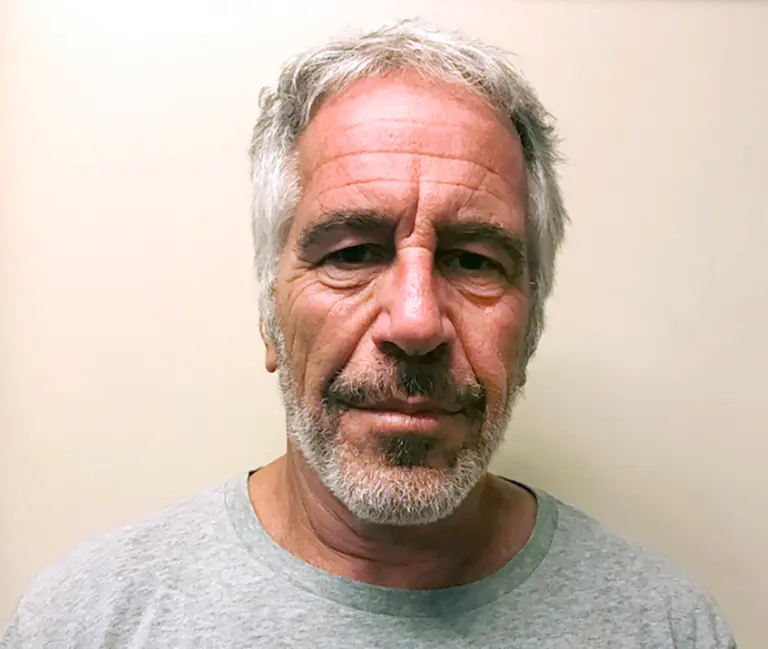House Votes 427-1 to Force the Full Release of Jeffrey Epstein Files — A Historic Push for Transparency That Could Finally Expose What’s Been Hidden for Decades
In a watershed moment of rare unity inside the U.S. Capitol, the House of Representatives has overwhelmingly approved a bill demanding the public release of all unclassified documents related to Jeffrey Epstein — the disgraced financier whose name has remained entangled in years of unanswered questions, legal controversies, and secrecy. The vote, which passed 427–1, reflects not only the enduring national interest in the Epstein case but also the collective acknowledgment that too much has remained hidden for far too long. For many, this moment marks the first real step toward understanding how a case with so much public attention could remain so clouded in ambiguity.
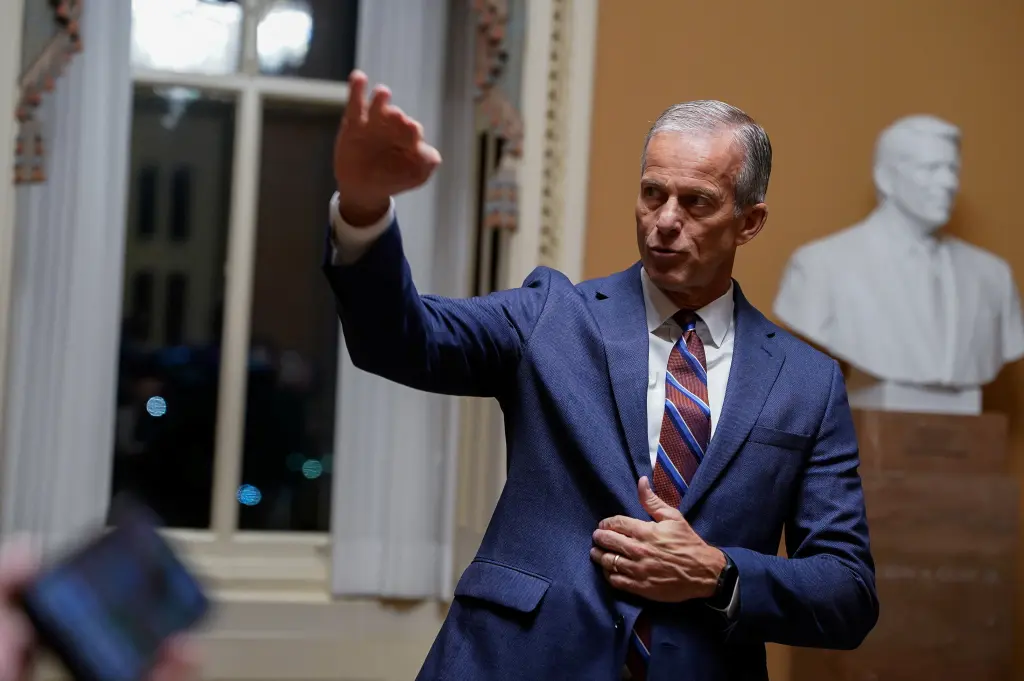
Jeffrey Epstein’s story has long hovered in an uncomfortable space between documented criminality and unanswered speculation. His 2019 death inside a federal jail — ruled a suicide — only intensified the demand for transparency. With years of sealed materials, heavily redacted documents, and closed-door legal proceedings, the public narrative became a patchwork of partial facts, survivor testimony, and incomplete details. This week’s vote represents, for many, a rare bipartisan insistence that the time for withheld information has come to an end.
The Epstein Files Transparency Act, which mandates the release of all unclassified Epstein-related records held by the Department of Justice, aims to make thousands of pages of investigative notes, communications, flight records, financial data, and court materials accessible to the American public. Supporters of the bill describe it not as political theater but as a moral obligation — one meant to honor survivors, restore public trust, and shed light on institutional failures that allowed Epstein to operate for years with limited accountability.
The mood inside the chamber during the vote was strikingly unified. In an era where legislative agreement is rare, members from both sides of the aisle rose to speak in favor of the bill. Many described the vote as long overdue. Some spoke about survivors waiting years for clarity. Others emphasized the need to rebuild public trust in federal institutions. Representative Ro Khanna called it “a moment shaped entirely by the courage of survivors who refused to be silenced.”

The lone dissenting vote came from Representative Clay Higgins, who argued that parts of the bill could expose the identities of individuals unrelated to wrongdoing, including victims and witnesses. Even so, he acknowledged the necessity of transparency but maintained that stronger privacy protections were needed.
Following the vote, many lawmakers acknowledged a key reality: this legislation marks the first real attempt to make the Epstein records accessible in a comprehensive, unfiltered way. For years, public speculation has been fueled largely by the void created by secrecy. Now, with this vote, Congress is signaling that withholding information is no longer acceptable.
But what happens next is equally important. The bill now proceeds to the U.S. Senate, where a combination of procedural hurdles, timing, and political negotiation will determine whether it reaches the president’s desk. Early indications suggest that the Senate may move quickly given the overwhelming support in the House. But even with bipartisan momentum, there are lingering concerns about privacy, potential legal conflicts, and the sheer logistical task of reviewing and preparing the documents for public release.
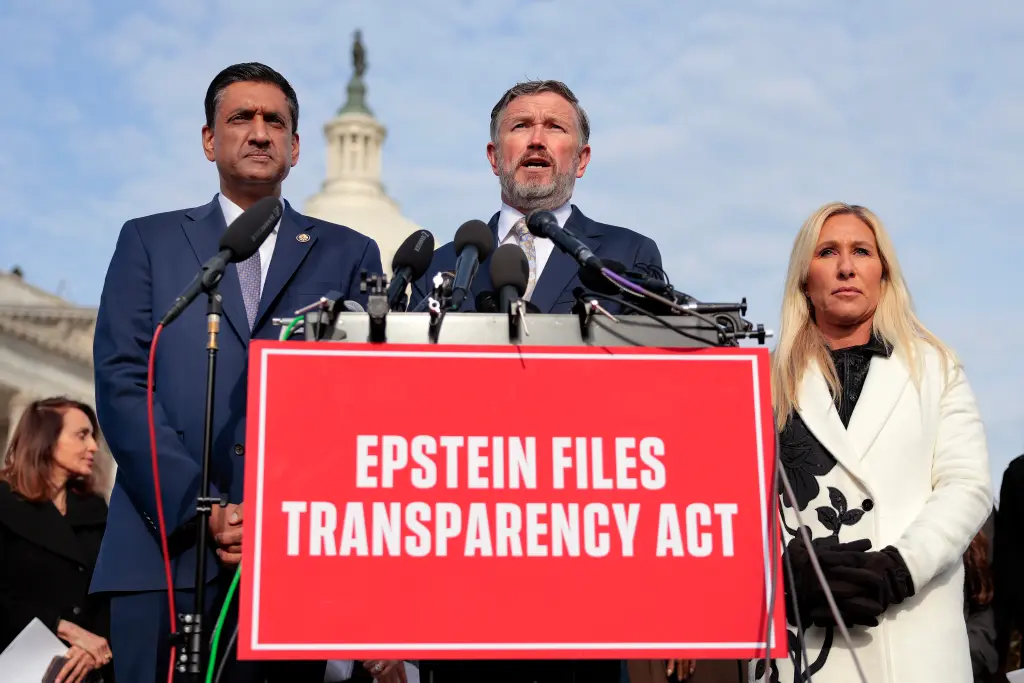
If passed into law, the Department of Justice would be required to publish all eligible documents online in a searchable format within 30 days. This accelerated timeline has raised logistical questions among legal experts and government staff. The volume of unclassified materials expected to be released — spanning multiple agencies and decades — could be significant. Even unclassified documents will require thorough review to protect the identities of victims, ongoing investigations, and individuals uninvolved in criminal conduct.
Still, survivors and advocacy groups have celebrated the bill’s progress. Many of Epstein’s accusers have spoken publicly about their frustration with sealed records, limited disclosures, and years of legal delays. For them, the House vote represents both validation and hope — a recognition that their calls for transparency are finally being heard.
Experts note that this release, if completed as intended, could reshape public understanding of the entire Epstein case. The contents of these files may reveal the scope of Epstein’s relationships, travel patterns, financial activities, and any potential gaps in enforcement that allowed him to evade full accountability for so long. They could also clarify the timelines of previous investigations, identify systemic failures, or illuminate how different institutions interacted with — or overlooked — red flags.
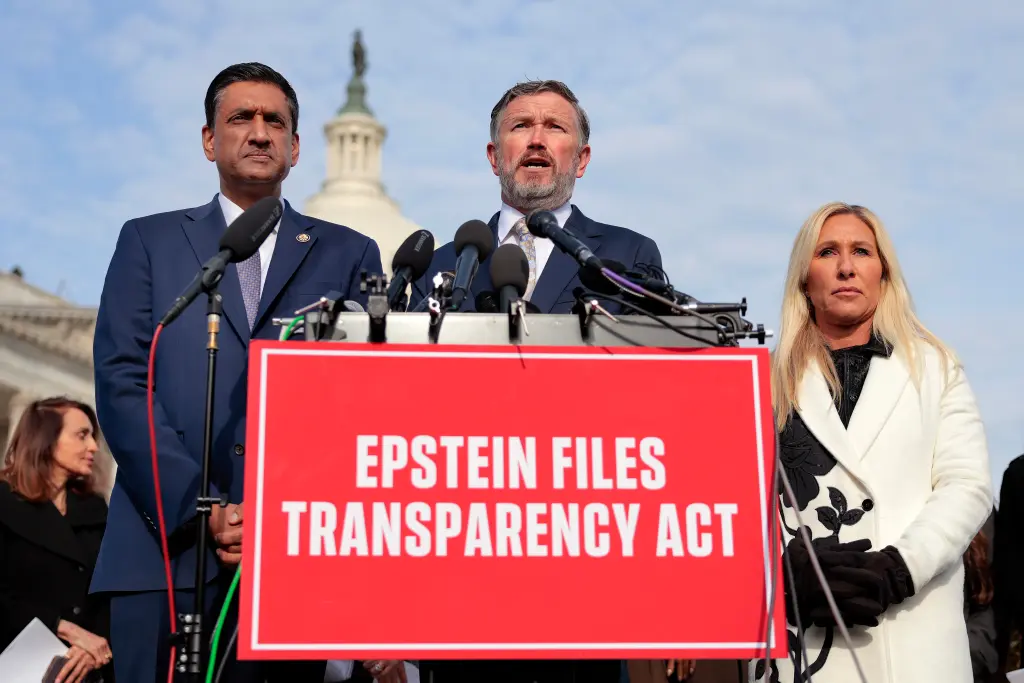
The Justice Department has not yet commented extensively on the legislation, and its concerns are likely to become more visible if the bill reaches implementation. Historically, the DOJ has cited national security, privacy, and procedural sensitivities as reasons for maintaining strict control over Epstein-related records. But lawmakers behind the bill argue that the bill’s design already accounts for these concerns by allowing classified materials to remain protected and by requiring redactions where appropriate.
The debate surrounding these files is not just legal — it is cultural. For years, Epstein’s story has circulated in the public imagination, intertwined with names, institutions, and questions that extend far beyond the confirmed facts. The lack of transparency contributed to widespread mistrust and fueled theories, frustration, and speculation. Supporters of the bill argue that full disclosure is the only way to restore public confidence in the justice process.
Political observers note that the vote is also significant because it arrives at a moment when institutional credibility is strained across multiple sectors. The Epstein case, with its combination of high-profile connections and tragic survivor accounts, had become emblematic of a justice system that many believed treated the powerful differently than the vulnerable. By pushing for full transparency, lawmakers are signaling a broader commitment to repairing that perception.
One of the most discussed elements of the bill is the 30-day publication requirement. While some officials worry it is too rushed, supporters say the timeline reflects urgency — that the public deserves answers without further delay. For survivors, even a short postponement would feel like another barrier in a process already defined by waiting.

Some political strategists argue that the overwhelming vote was also a strategic maneuver. The Epstein case has been a source of conversation across party lines, with many lawmakers aware that transparency resonates strongly with their constituencies. Supporting the bill allows members of Congress to take a firm public stance on accountability without facing internal political backlash.
Regardless of the motivations, the effect is the same: the bill is now closer than ever to becoming law. And if it does, the release of these files will mark a turning point in one of the most scrutinized criminal cases of the century.
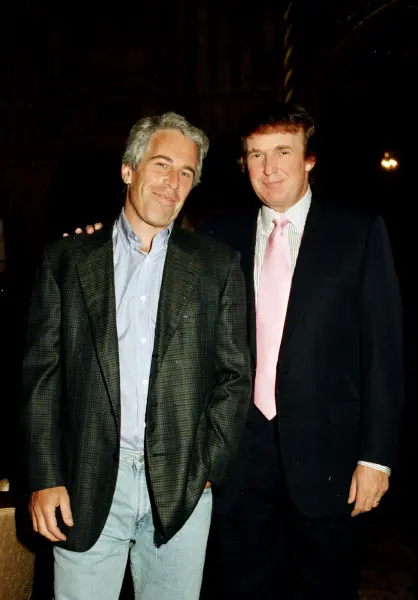
But transparency alone cannot guarantee closure. Even with the release of documents, many questions may remain, especially regarding how Epstein operated, who may have been aware of his conduct, and why previous investigations did not result in earlier intervention. Yet advocates argue that transparency is essential for grounding the conversation in documented truth rather than speculation.
If the bill ultimately succeeds, it could set a precedent for how high-profile cases involving institutional failures are handled moving forward. It may also encourage renewed scrutiny of other sealed or partially disclosed investigations that have remained out of public reach.
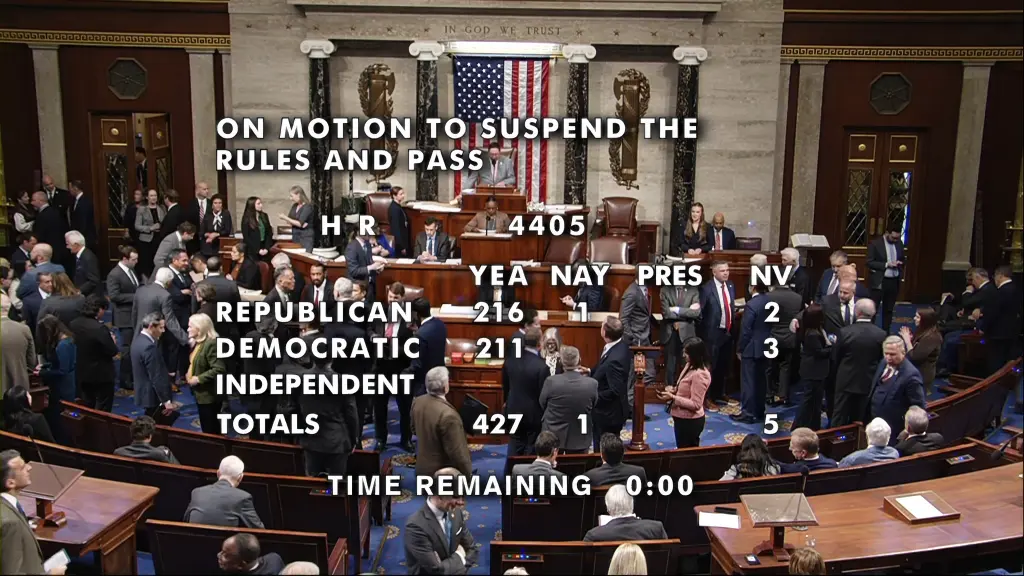
For now, the country waits. The House has made its position unmistakably clear. The Senate will soon decide whether the demand for answers is matched by the political will to provide them. And if the bill becomes law, the Department of Justice will face the substantial task of preparing years of records for publication.
The story of Jeffrey Epstein has never been a simple one. It has evoked horror, grief, disbelief, frustration, and suspicion. But with this week’s vote, the United States took a step — perhaps the most significant one yet — toward replacing silence with transparency. Whether that leads to resolution is a question only time can answer. But for the first time in years, the path toward truth feels visible.
